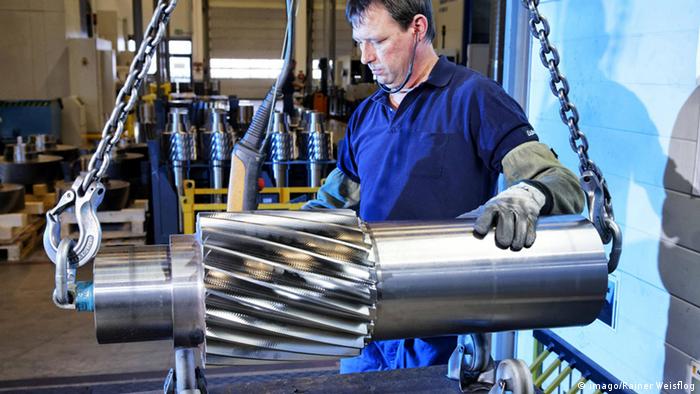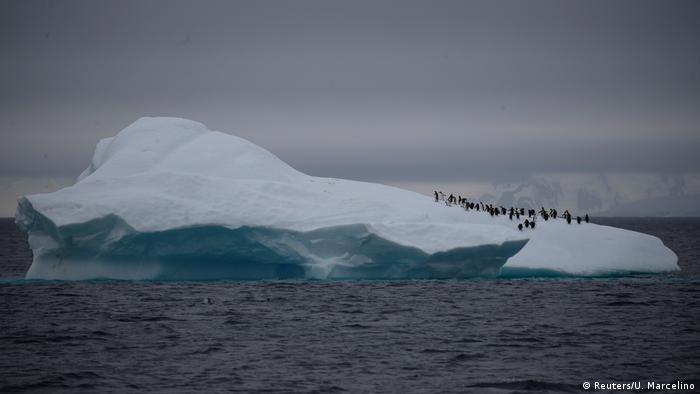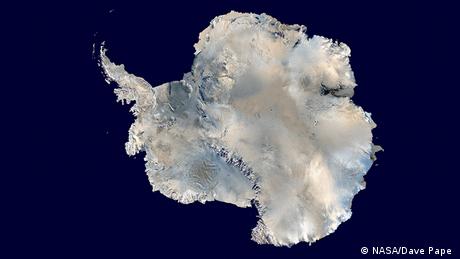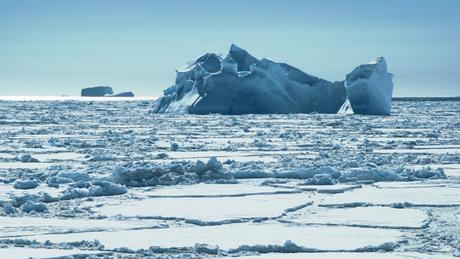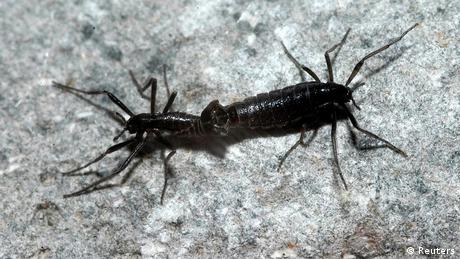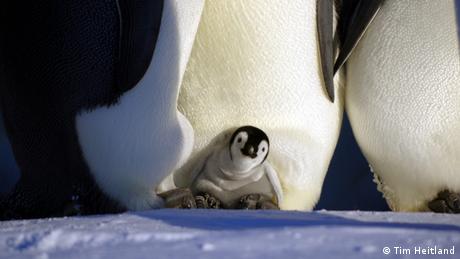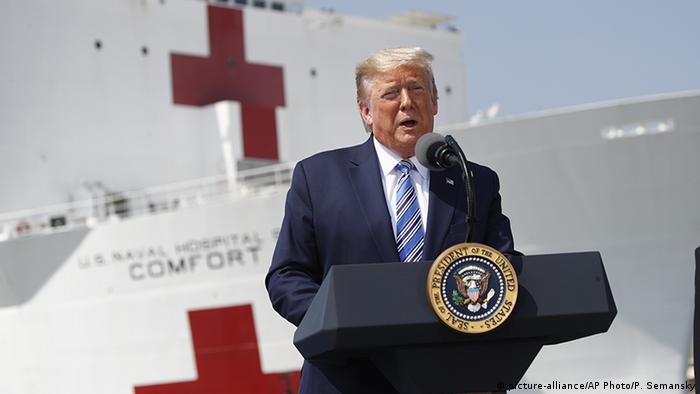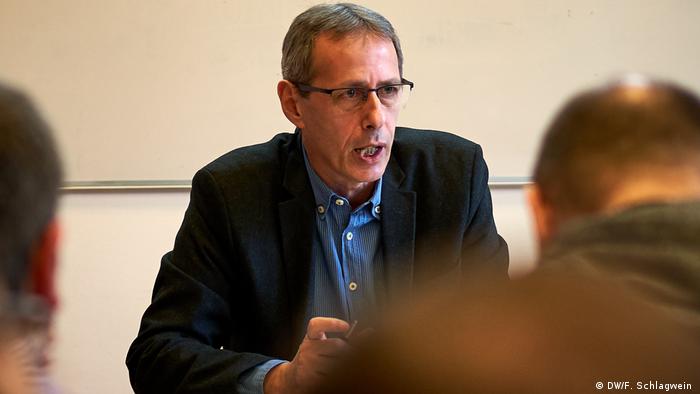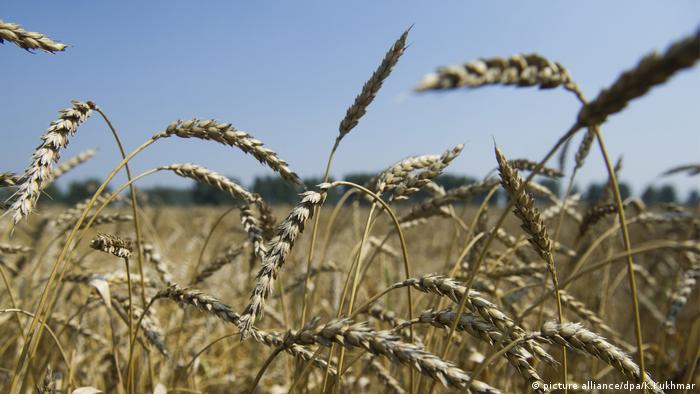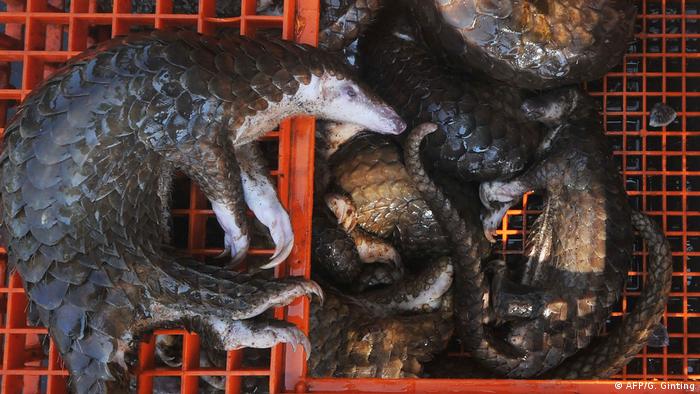Antarctica experiences first known heat wave
Scientists say they have recorded the continent's first heat wave after a spike in temperatures in late January. Researchers expressed concern about the damage the phenomenon could have on flora and fauna
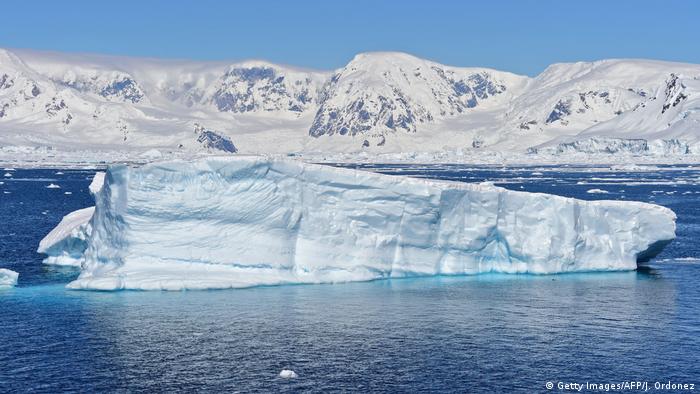
Scientists have recorded Antarctica's first documented heat wave, warning that animal and plant life on the isolated continent could be drastically affected by climate change.
Australian Antarctic Program researchers recorded the heat wave event at Casey research station in East Antarctica during the 2019-2020 southern hemisphere summer.
Findings by the team were published in the Global Change Biology journal on Tuesday, with authors warning that the changes could affect global weather patterns.
Between January 23 and 26, a research team at Casey — directly south of Perth in western Australia — recorded the highest maximum and minimum temperatures ever seen at the base.
During the period, minimum temperatures were higher than zero degrees Celsius (32 degrees Fahrenheit) while the maximums peaked above 7.5 degrees.
On January 24, the Casey team recorded a record high temperature of 9.2 degrees Celsius, 6.9 degrees higher than the station's mean maximum
Almost 21 degrees in Antarctica
Heat waves are classified as three consecutive days where very high maximum and minimum temperatures are recorded.
At the same time, record high temperatures were also reported on the other side of the continent, on the Antarctic Peninsula. Last month, the highest ever temperature — 18.3 degrees — was recorded at the Argentinian research station Esperanza Base.
Global impact on climate
The authors of the study said the local effects of climate change could have a global impact.
"Antarctica may be isolated from the rest of the continents by the Southern Ocean, but it has worldwide impacts," they said.
"It drives the global ocean conveyor belt, a constant system of deep-ocean circulation which transfers oceanic heat around the planet, and its melting ice sheet adds to global sea-level rise."
Co-author Dana Bergstrom said the hot summer could affect local populations positively at first, but could also lead to drought and heat stress on species adapted for the cold.
"Most life exists in small ice-free oases in Antarctica, and depends on melting snow and ice for their water supply," said Bergstrom, a principal scientist at the Australian Antarctic Division.
While an increase in meltwater flooding associated with higher temperatures could provide extra water to such ecosystems – helping them on a short-term basis - it could also dislodge plants and radically change the composition of communities of invertebrates and microbes.
"Based on our experience from previous anomalous hot summers in Antarctica we can expect a multitude of biological impacts to be reported in coming years, illustrating how climate change is impacting even the most remote areas of the planet," the study said.
Contributors to the research came from Australia's University of Wollongong, the University of Tasmania and the government agency Australian Antarctic Division
ANTARCTIC EXPEDITION REVEALS DRAMATIC PENGUIN DECLINE
On an Antarctic mission
A team of scientists from two US universities set sail on an Antarctic expedition at the start of this year. During several weeks at sea, they studied the impact of climate change on the remote region. More specifically, they wanted to assess how many chinstrap penguins are left in Western Antarctica compared to the last survey of their population in the 1970s.
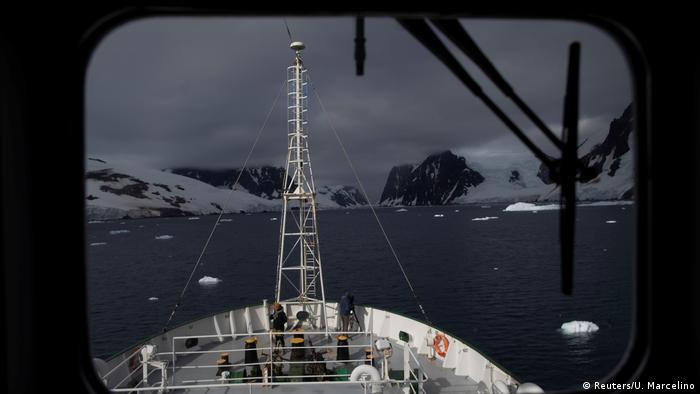
Tame and curious
Chinstrap penguins inhabit the islands and shores of the Southern Pacific and Antarctic Oceans. They are named after the narrow black band on the underside of their heads. Even before the scientists can hear the birds' loud, harsh calls, a pungent smell of penguin excrement indicates that a colony is nearby. Penguins have not learned to fear humans, so they mostly ignore th\eir visitors.
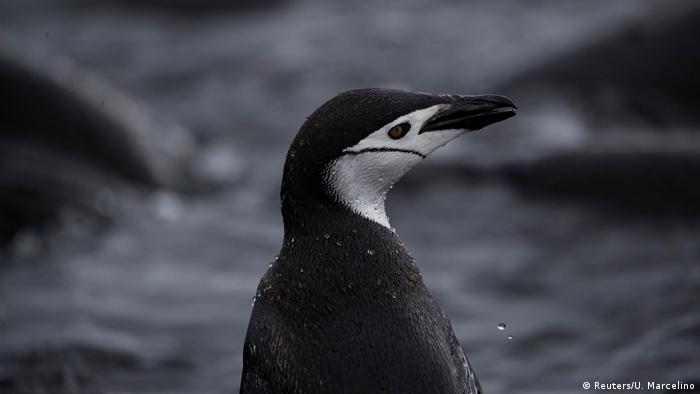
Shocking results
The scientists used manual and drone surveying techniques to count the chinstrap penguins. Their findings revealed that some colonies had experienced a drop of up to more than 70%. "The declines that we've seen are definitely dramatic," Steve Forrest, a conservation biologist who was part of the expedition, told Reuters.
Food chain is declining
Chinstrap penguins feed on small fish, like krill, shrimp and squid. They can swim up to 80 kilometers (50 miles) offshore each day to obtain their food. Their tightly packed feathers work like a waterproof coat and enable them to swim in freezing waters. But climate change is decreasing the abundance of krill, which is making it harder for the birds to survive.
Reproduction challenges
Chinstraps choose to nest in particularly inaccessible and remote places. When they procreate, they build circular nests from stones and lay two eggs. Both male and female work in shifts of around 6 days each to incubate the eggs. But as global warming is causing ice sheets to melt and is driving food abundance down, reproduction is becoming less successful.
Broader implications of a changing environment
There are an estimated eight million chinstrap penguins globally, which is why there hasn't been much concern about them thus far. But in the past 50 years, their population on the Antarctic Peninsula has declined by more than half. Chinstraps aren't in imminent danger of extinction, but the decline of their populations is a stark warning about broad environmental changes taking place.
Author: Anne-Sophie Brändlin
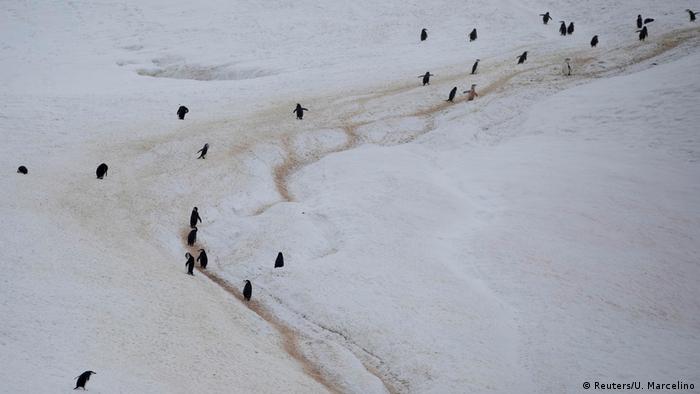
FASCINATING ANTARCTICA: ICY FACTS ABOUT THE
MOST SOUTHERN REGION IN THE WORLD
Continent of extremes
Antarctica is the coldest continent on Earth, with the lowest temperature measured reading -98.6 degrees Celsius (-145,48 degrees Fahrenheit). But that's not all: as it never rains or snows, the continent is also the driest and windiest in the world, with wind speeds reaching in excess of 250 kmph (155 mph).
No sense of time
Antarctica comprises the continent and the southern polar sea. The Antarctic Polar Front forms the boundary, where the northern extension of the Southern Ocean separates the cold surface water in the south from the warmer water in the north. Antarctica is located on all longitudes and extends over all time zones. Most research stations operate on the time in their home country.

Temporary residents
The Antarctic population is made up of the international research teams. In summer about 4000 scientists live on the continent, and during the harsh Antarctic winter only about 1000. There are 80 research stations that they can stay in, which are currently operated by almost 30 countries. Pictured is the German Neumayer Station III of the Alfred Wegener Institute.
 Real locals
With a length of just seven millimetres, these little guys are considered to be the largest land animals permanently living in Antarctica: the Antartic midge (Belgica antarctica). The development of the larva into an adult takes about two years. Most of the time, the larvae are frozen in the ice – real survivors!
Real locals
With a length of just seven millimetres, these little guys are considered to be the largest land animals permanently living in Antarctica: the Antartic midge (Belgica antarctica). The development of the larva into an adult takes about two years. Most of the time, the larvae are frozen in the ice – real survivors!
Oh, hi!
Finally: no, contrary to some fictional depictions, there are no polar bears in the Antarctic – they live in the Arctic Circle at the other end of the Earth. But there are penguins in Antarctica. However, only four of the 17 known penguin species are native to Antarctica. This small emperor penguin is just one of them.



